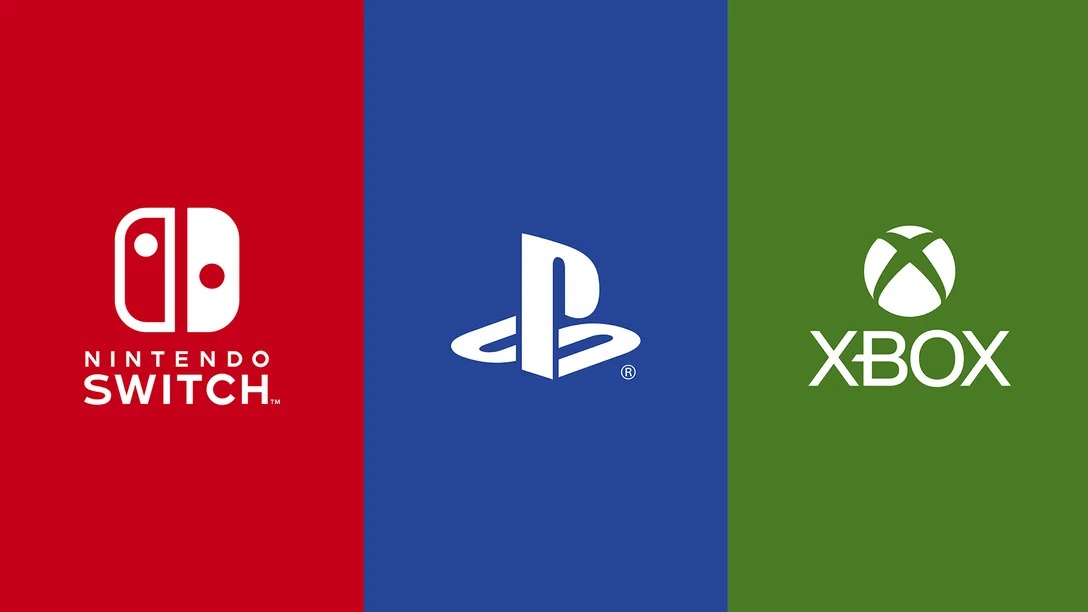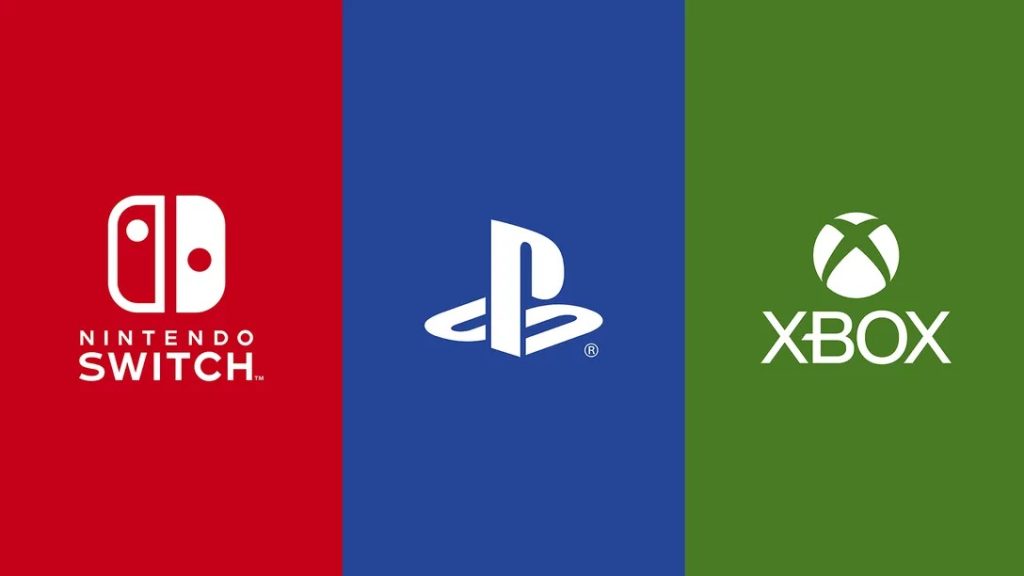
The gaming industry, since its inception, has been on a trajectory of rapid growth, with its landscape constantly evolving. Recently, Bain & Company, a renowned international management consulting firm, has predicted that the global revenue of the gaming industry will surge by over 50% in the next five years, reaching a staggering $307 billion by 2027.

Bain & Company attributes this growth to the profound impact of cutting-edge technologies and the metaverse on game development and gameplay. Simultaneously, innovative operational strategies are reshaping the revenue models of various games. As competition within the industry intensifies, scale is poised to become a pivotal factor for success. The firm forecasts that global video game revenue will escalate from $199 billion in 2022 to $307 billion in 2027, with a compound annual growth rate (CAGR) of 9%. This remarkable growth is primarily fueled by the anticipated influx of young players, particularly those aged 13 to 17, who, according to survey data, dedicate approximately 40% more time to video games than to other media forms such as social media, music, and television.
Furthermore, the report highlights a surge in transactional activity within the gaming industry, particularly in game software and financial investments. Recent years have witnessed significant financial maneuvers by gaming industry giants, including Microsoft’s $69 billion acquisition of Activision Blizzard, Take-Two’s $12.7 billion acquisition of Zynga, and Sony’s $3.6 billion acquisition of Bungie. From 2019 to 2022, the total value of transactions in the game software sector reached an impressive $95 billion.
In light of these developments, relevant media outlets have speculated that the release of major titles like GTA 6 in the coming years will further propel the industry’s revenue. With the continued popularity of gaming, its revenue and influence are poised to surpass those of traditional entertainment sectors such as film, music, and television.


